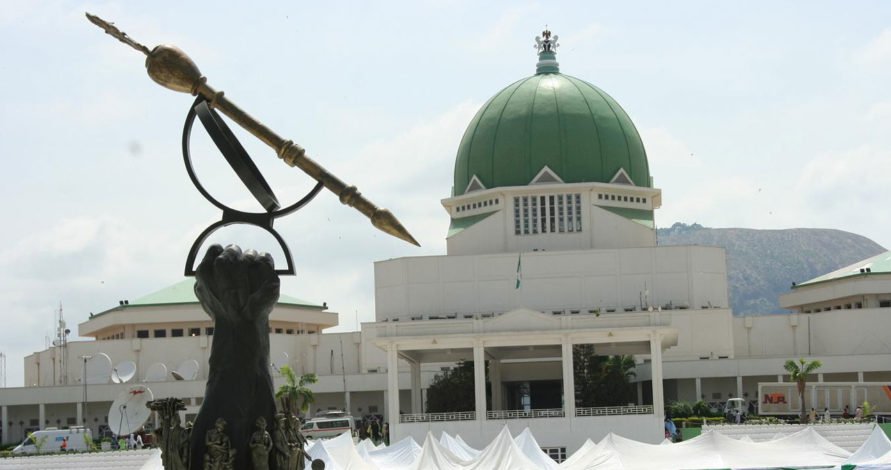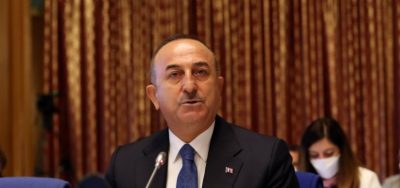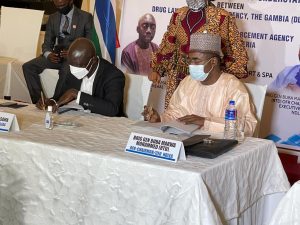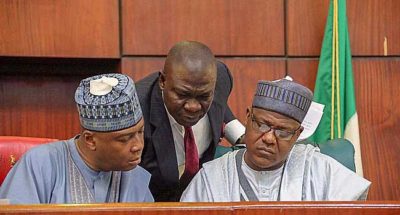*Says legislature cannot afford to disappoint Nigerians
The Civil Society Legislative Advocacy Centre (CISLAC), the Nigeria’s chapter of Transparency International (TI), has expressed disappointment over what it describes as the failure of President Muhammadu Buhari to sign the Electoral Act (Amendment) Bill, 2021.
“In furtherance to this, we strongly urge the National Assembly to veto the president on this matter,” it demanded.
CISLAC made this demand via a statement issued and signed by its Executive Director, Auwal Ibrahim Musa (Rafsanjani), dated 21 December, 2021 and copy of which was sent to The DEFENDER.
Rafsanjani, who is also the Chairman, Transition Monitoring Group ( TMG), noted that “Elections remain a critical aspect of democracy as it is the gateway for all citizens to achieve their aspirations for democracy,” and that “a transparent election can only be achieved by creating a robust legal framework that can respond to the current challenges we face.”
Explaining what the Electoral Act Bill stands for, the CISLAC leader said:
“The Bill seeks to improve the electoral system by providing the legal backing for the use of technology in the accreditation of voters and transmission of election results. It seeks to enhance timelines for electoral activities, including voting, collation, and announcement of results, and adequately defines over-voting, confers authority on INEC to review questionable election results and monitor direct primaries for all political parties.
“We believe that this bill will increase transparency in our electoral process, encourage citizens to participate in the process as aspirants and voters as well as help improve the ideology of our elections by reducing the reliance on dirty money,” he said.
“We, therefore, call on the 9th Assembly to etch its name in gold in the right pages of our history by exercising its powers under S. 58 (5) of the Constitution of the Federal Republic of Nigeria 1999 (As Amended) which states that “Where the President withholds his assent and the bill is again passed by each House by two-thirds majority, the bill shall become law and the assent of the President shall not be required.”
“If the National Assembly vetoes the president, it will show their independence and above all, respect the view of the constituents who gave them the mandate to legislate on their behalf.
“NASS can simply not afford to disappoint Nigerians!” CISLAC said.




